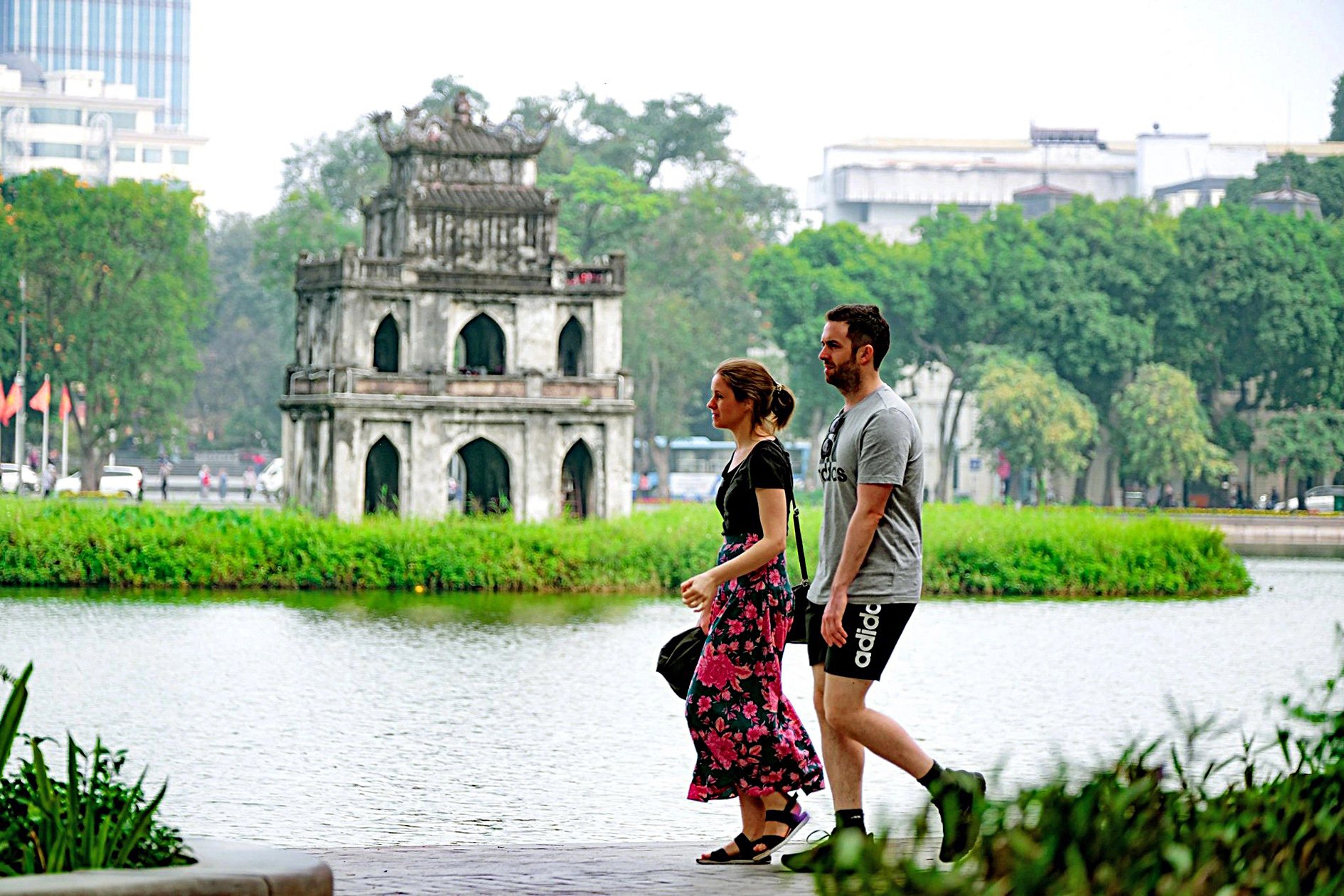
Two foreign tourists walk along the banks of Hoan Kiem Lake in Hanoi - Photo: NAM TRAN
Thai Prime Minister Srettha Thavisin is pushing efforts to make this initiative a reality.
The common visa idea is one of several initiatives aimed at boosting revenue and supporting the economy. The Thai government has set a target of attracting 80 million tourists by 2027 and has also taken steps such as visa exemptions and planning events to boost tourism.
Increase regional connectivity and cooperation
The common visa initiative aims to attract high-spending foreign visitors to the region. The countries in discussion with Thailand on the program include Cambodia, Laos, Malaysia, Myanmar and Vietnam, with the idea being to facilitate travel between the six countries.
In 2023, these six countries welcomed a total of about 70 million foreign visitors, with Thailand and Malaysia accounting for more than half of these visitors and earning about $48 billion in tourism revenue.
The study found that supporting a common visa initiative with neighboring countries in Southeast Asia – similar to the Schengen area in Europe – also fits with Vietnam’s goal of attracting tourists from this group.
Research shows that the high-spending groups targeted by the initiative are the same as those that have visited Thailand, Malaysia and many other Southeast Asian countries.
These visitors often seek diverse cultural experiences, natural destinations and unique travel opportunities, which are also very popular in Vietnam.
Additionally, data from tourism research organizations shows that visitors to Thailand, Malaysia and other countries in the region are also more likely to join multi-destination tours, exploring multiple destinations in Southeast Asia in the same itinerary.
Therefore, if participating in the common visa initiative, Vietnam can become a continuous part of those tourists' exploration schedules, helping them to have convenience in cross-border travel without the hassle of multiple visa applications.
In addition, a common visa will also help increase the overall attractiveness of Southeast Asia as a tourist destination by promoting regional cooperation and connectivity.
Travelers looking to explore the region's cultural richness, historical heritage and natural beauty will surely want to choose Southeast Asia as a favourite destination if they can flexibly move between countries with just one visa.
A report from the Asian Development Bank (2021) on economic recovery after the COVID-19 pandemic also highlighted the importance of understanding tourist behavior and preferences to support the tourism industry in the region.
This study highlights the need for concerted efforts to attract foreign tourists, contributing to economic recovery and growth.
Many challenges
Vietnam is also implementing various policies and strategic action campaigns to support tourism with the goal of fully recovering the industry this year.
Those efforts also align with Vietnam’s goal of prioritizing relations with key markets and reshaping the tourism industry toward a more sustainable and resilient post-pandemic era.
So far, those policies have been largely successful, with Vietnam welcoming 4.6 million international visitors in the first quarter of this year, up 72% year-on-year. Vietnam is expected to surpass its target of welcoming 18 million international visitors by 2024.
By keeping up with travel trends and preferences of its target tourist group, Vietnam can take advantage of the common visa to attract more high-spending tourists, increase revenue and consolidate its position as a key player in the Southeast Asian tourism market.
Implementing a common visa program would also face certain challenges due to differences in migration policies between countries.
The success of the initiative will depend on the coordination between stakeholders, including Vietnam, and the appropriateness of migration policies. Although this is a difficult task, it is not impossible, and will bring great economic benefits.
Vietnam's efforts
One way to move towards realizing a common visa initiative is through an iterative process with bilateral agreements, something that Vietnam has done very well.
Currently, Vietnam has proactively exempted visas for tourists from Germany, France, Italy, Spain, the United Kingdom, Russia, Japan, South Korea, Denmark, Sweden, Norway, Finland and Belarus. They can stay in Vietnam for 45 days from the date of entry regardless of the type of passport and the purpose of the trip.
Vietnam is also studying a pilot program that would allow visa exemptions of 6-12 months for high-spending tourists.
Vietnam is also negotiating with 15 countries to exempt visas for each other, and with 80 countries to exempt visas for diplomatic or official passport holders.
Visa exemption for all EU countries would be a step in the right direction in creating a Schengen-like travel space in Southeast Asia, which Vietnam would certainly benefit from.
Dr. NUNO F. RIBEIRO
(Senior Lecturer in Tourism and Hospitality Management, RMIT University)
Source


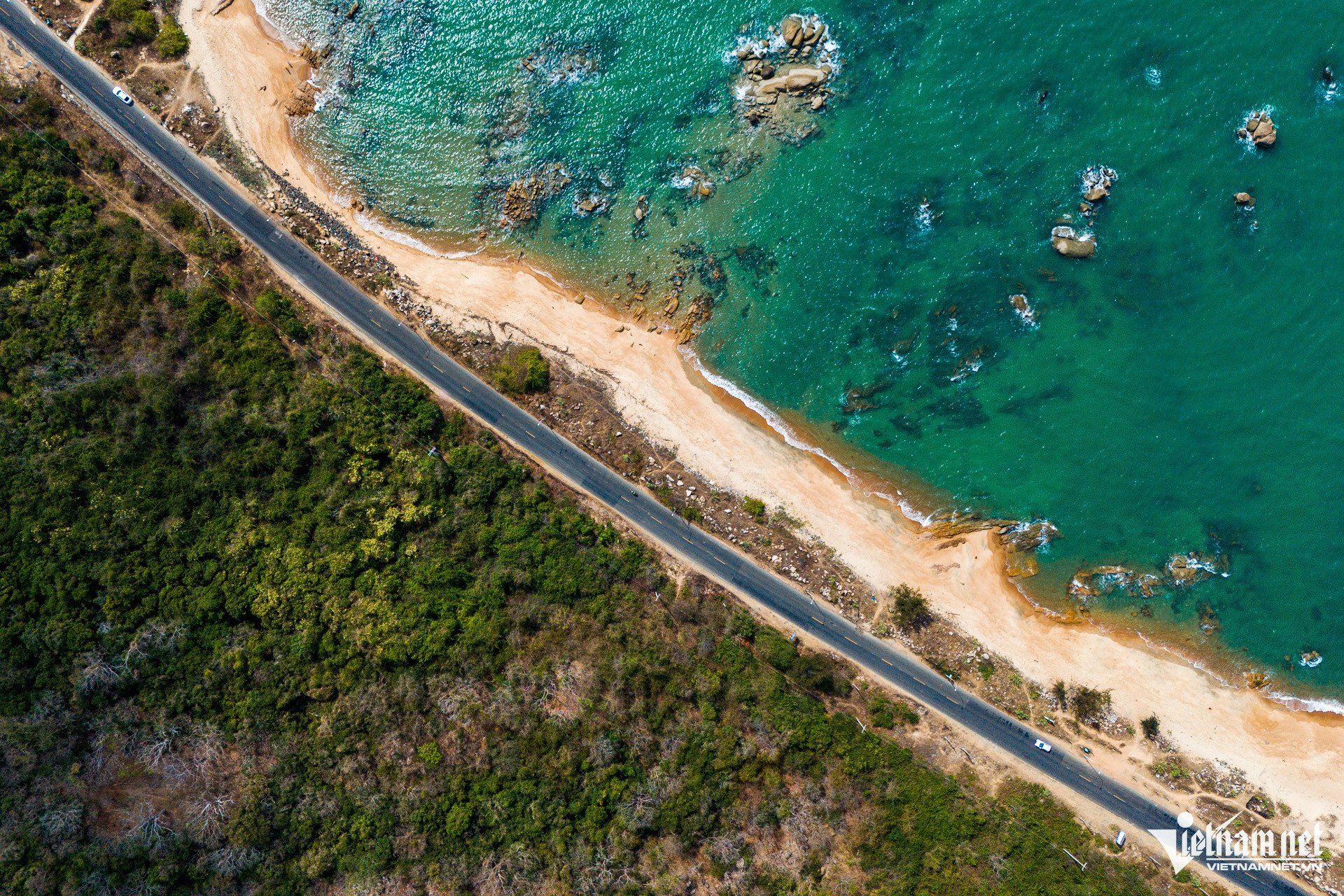

![[Photo] Third meeting of the Organizing Subcommittee serving the 14th National Party Congress](https://vstatic.vietnam.vn/vietnam/resource/IMAGE/2025/4/2/3f342a185e714df58aad8c0fc08e4af2)

![[Photo] Relatives of victims of the earthquake in Myanmar were moved and grateful to the rescue team of the Vietnamese Ministry of National Defense.](https://vstatic.vietnam.vn/vietnam/resource/IMAGE/2025/4/2/aa6a37e9b59543dfb0ddc7f44162a7a7)
![[Photo] Close-up of Vietnam's sniffer dog team searching for earthquake victims in Myanmar](https://vstatic.vietnam.vn/vietnam/resource/IMAGE/2025/4/1/d4949a0510ba40af93a15359b5450df2)






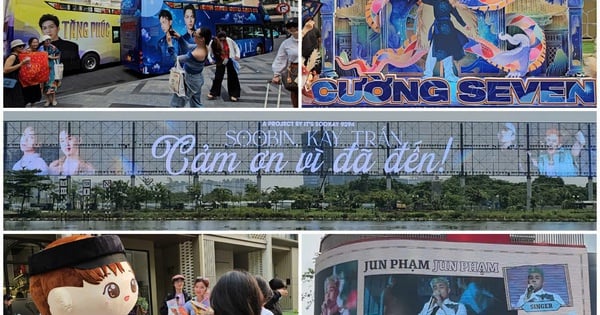

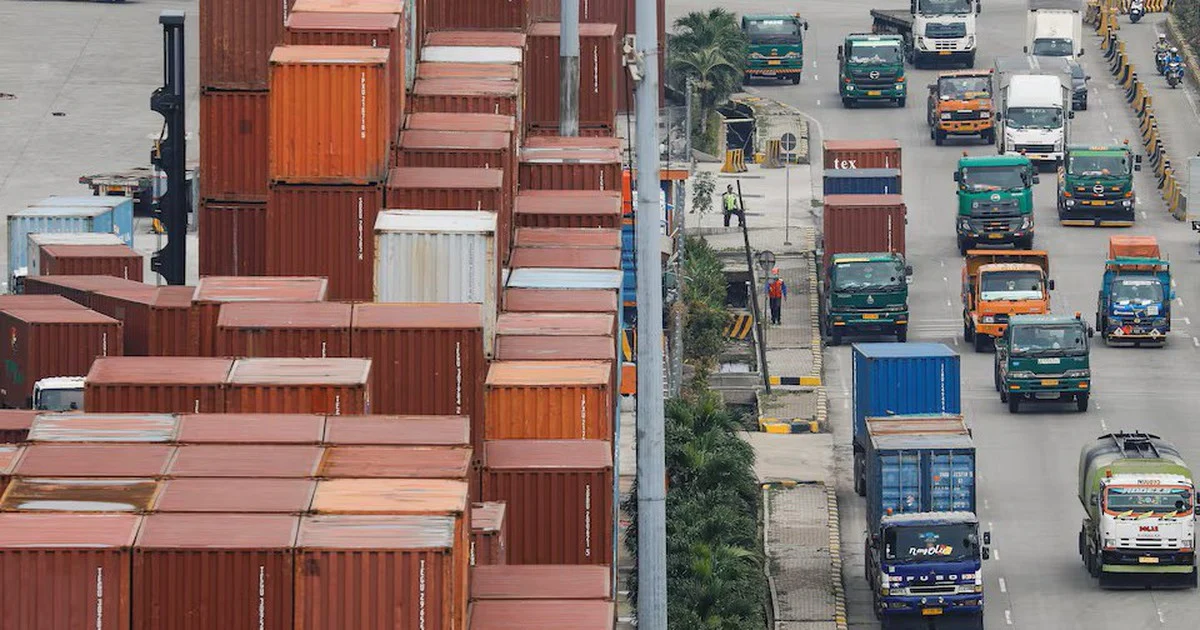



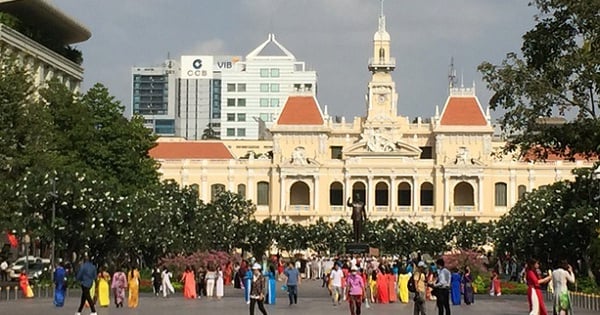
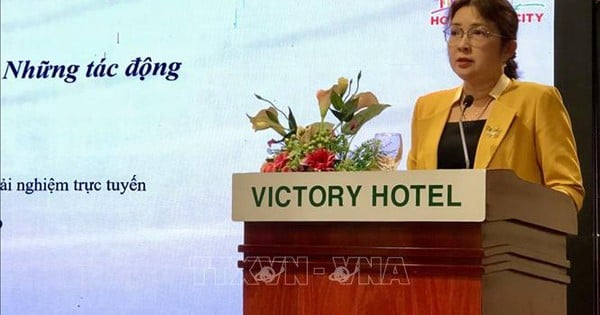










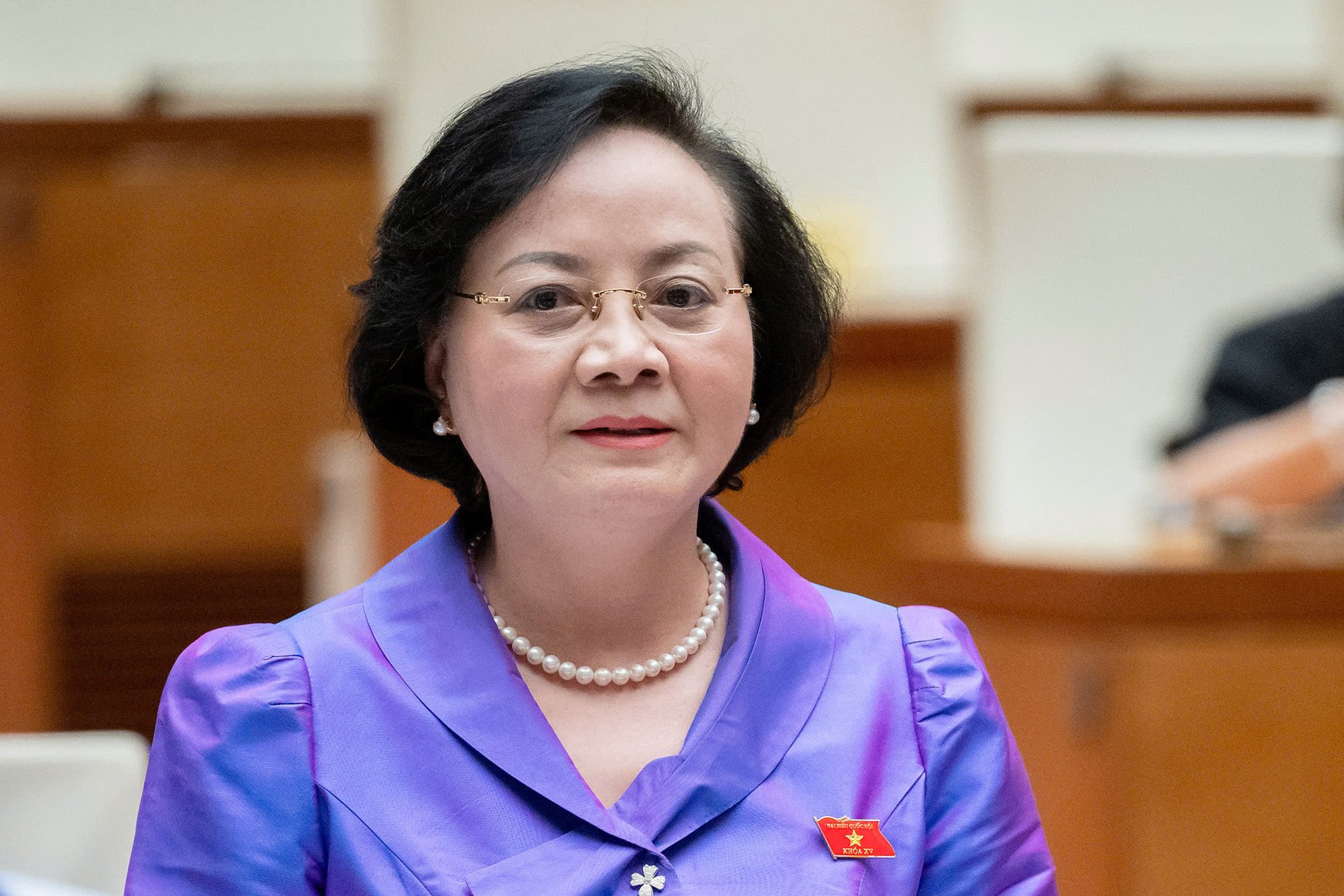





























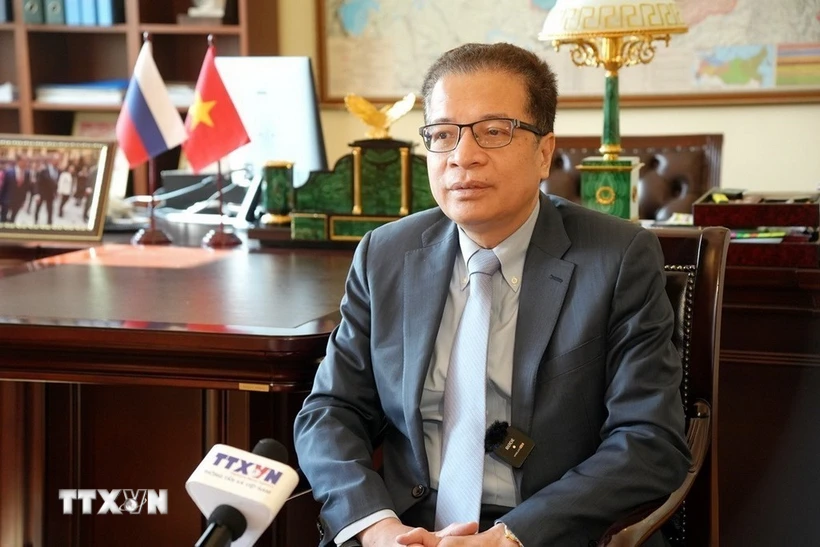
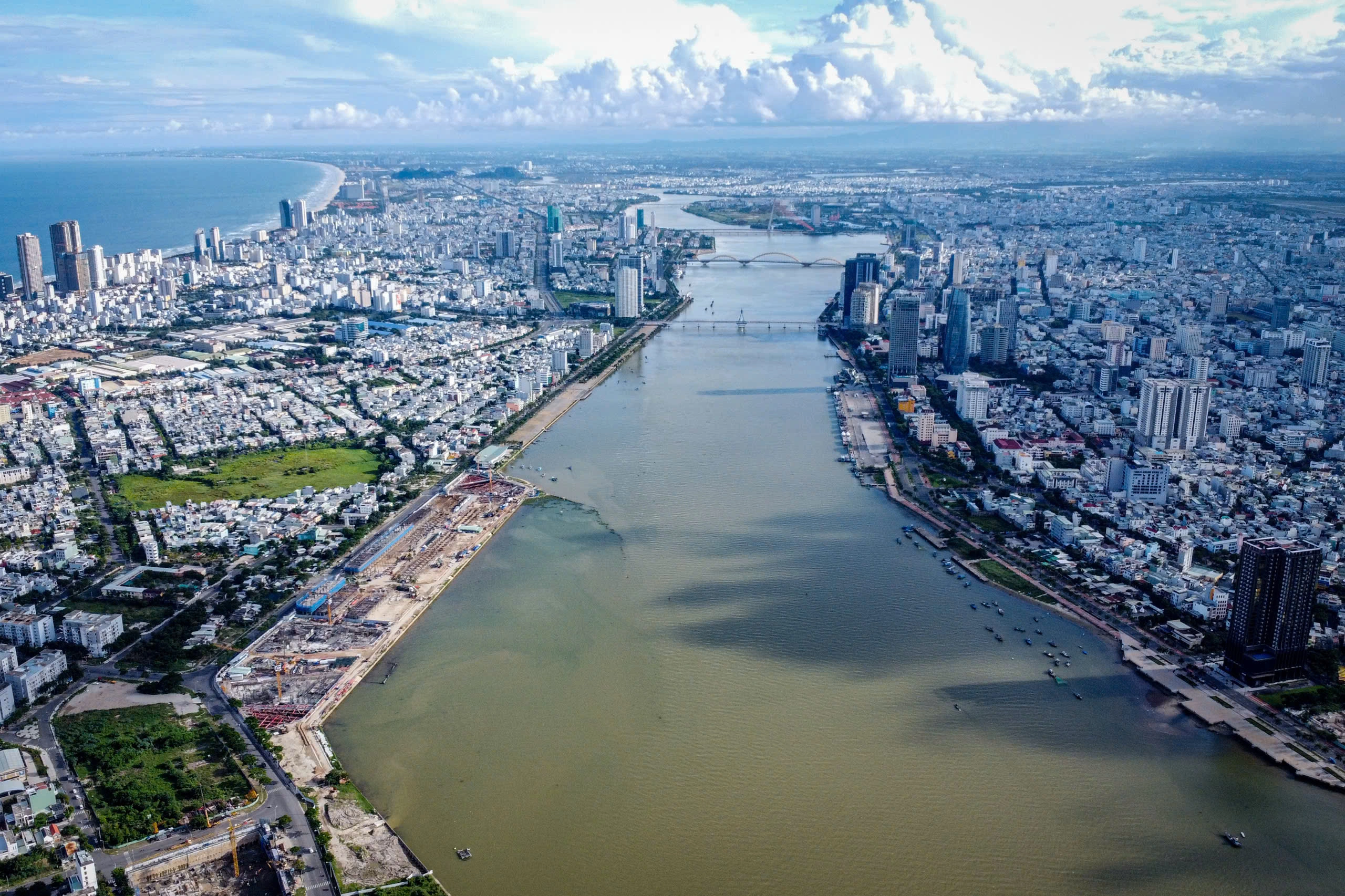







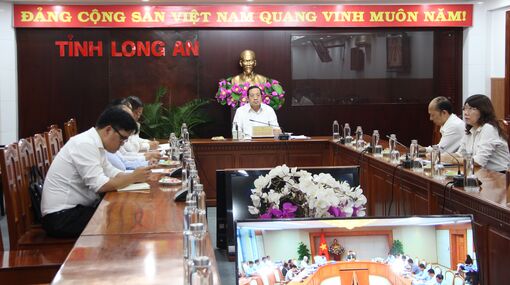

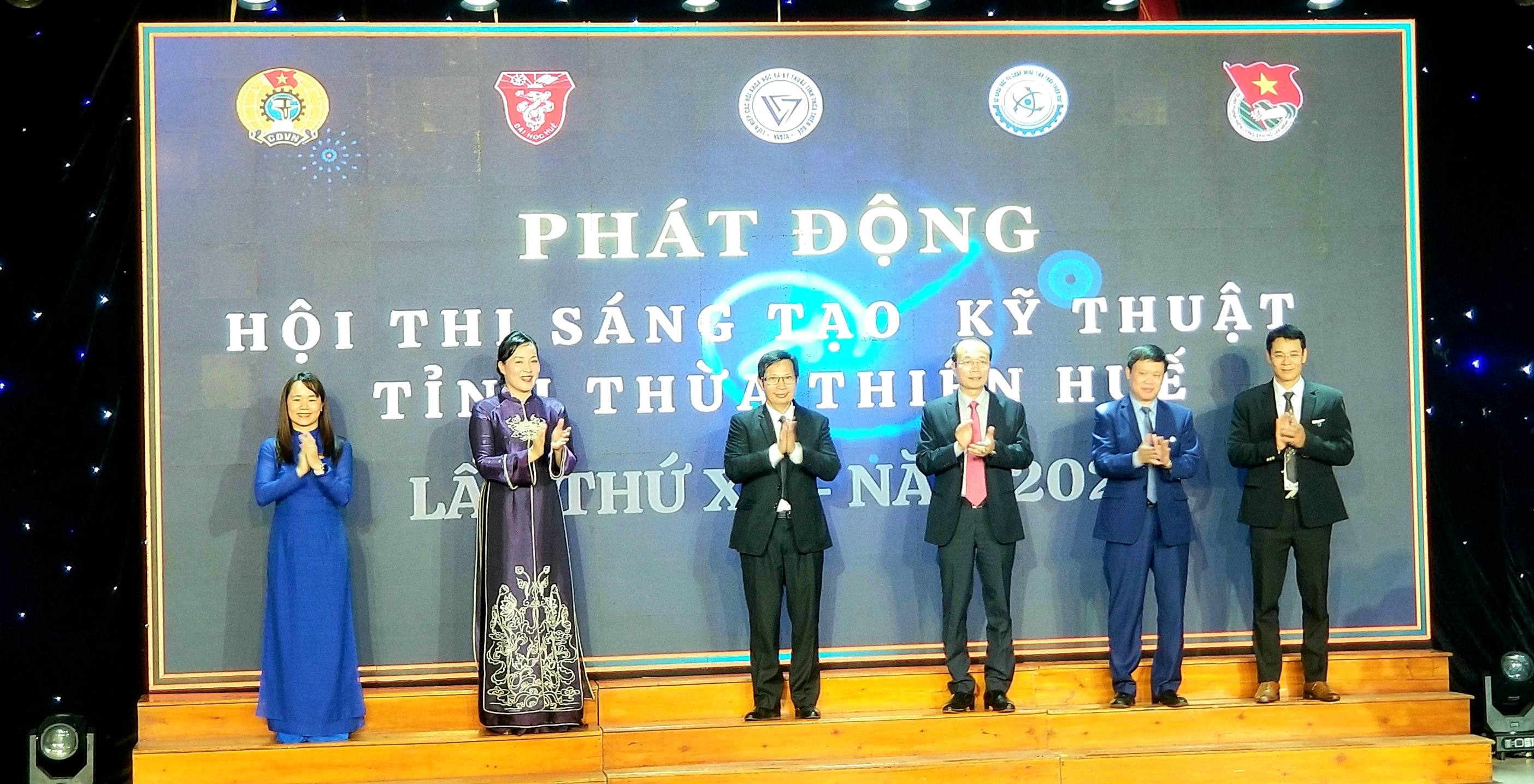

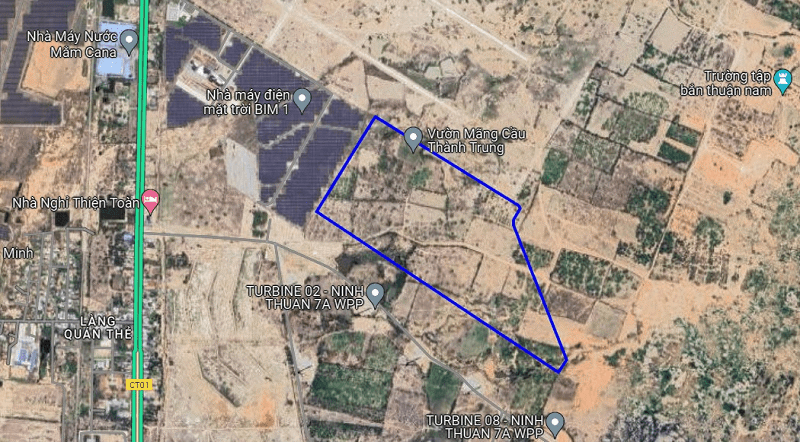


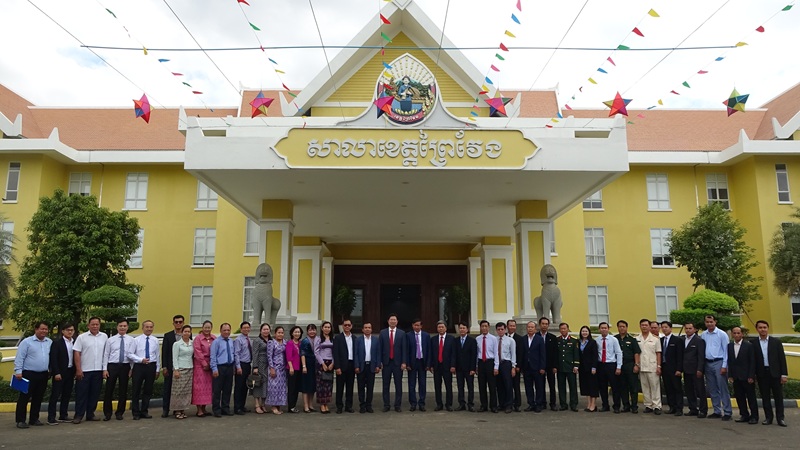












Comment (0)